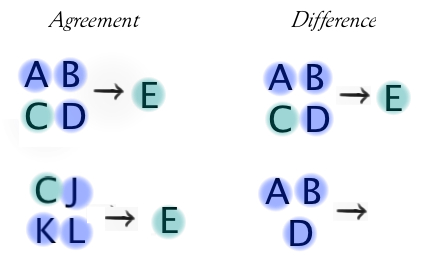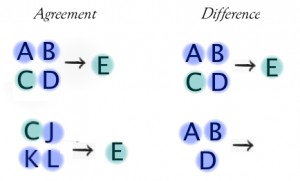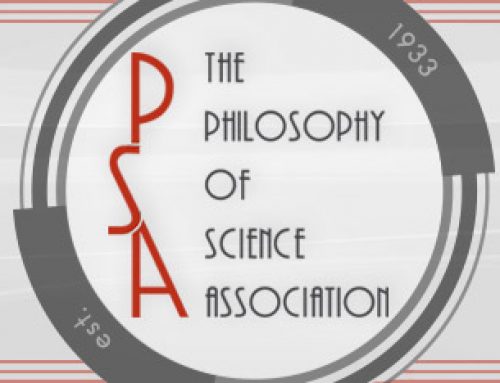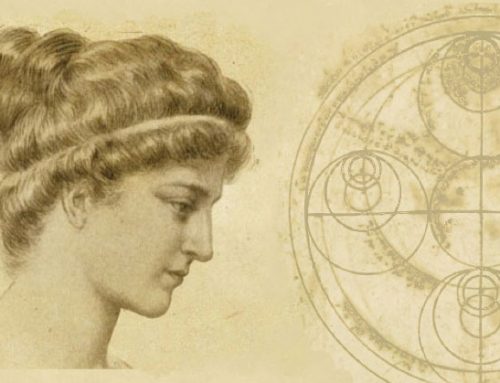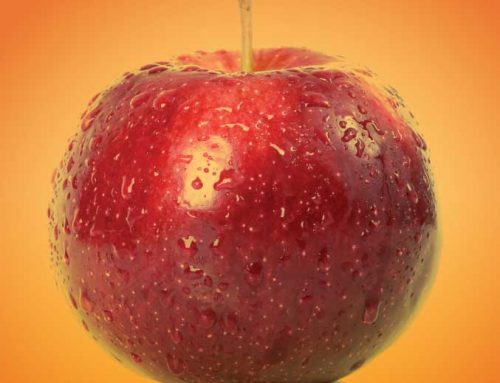BU Conference: “How HPS can contribute to science education” 3/5
On the second day of the conference, I attended the working group session aimed at addressing the question, “How can history and philosophy of science contribute to students’ understanding of science, as well as help create scientific literate citizens?”
The discussion focused on how K-12 programs can produce scientifically literate citizens with the understanding of,
• how science works in theory as well as in practice,
• how scientists reason,
• the benchmarks of explanations and empirical evidence that guide scientific practice,
• recognition that science is part of our everyday life, and
• how to evaluate the sciences that have an impact on us.
K-12 students should have some understanding of the nature of scientific knowledge and practices, and how science can be situated in various sociological contexts. It seems there is also a need for understanding that science is a way of knowing, and as a way of arguing. Students leaving high school/secondary school should be prepared to conduct simple empirical investigations on their own, and to evaluate the evidence in policy issues or personal choices that are informed by science—from the basics of lifestyle choices and personal health to bigger issues of climate change and public heath studies.
It seemed clear from the discussion that a majority of concerns raised by participants could be traced to the need for a better understanding, and stronger development of reasoning and critical thinking skills. Improve students’ critical thinking skills, and it can improve their understanding of science. Given that strong critical thinking skills make up a
large portion of the “philosopher tool kit”, this is one clear-cut way in which philosophy can really contribute.
So what can we do at the Rotman Institute? The workshop has given us a better appreciation for the need of developing critical thinking skills in science education. As a start, the discussions from this workshop will greatly help us define our priorities, and approach for the recently created Rotman K-12 education outreach committee.
Our K-12 Education Outreach committee hopes to serve as a resource for K-12 teachers who would like to include the history and philosophy of science, and critical thinking in their curriculum. We will be a resource in two main ways: (1) working with K-12 students through outreach activities designed and run by graduate students and (2) working with K-12 teachers on developing strategies that they can use to promote HPS learning in the classroom.
I’m working with Rotman graduate students to design and run outreach activities for K-12 students. In a similar manner to many science outreach groups, we prepare classroom activities that any of our graduate students can take into a classroom at the request of a teacher. Activities can range from a one-time activity, to a longer series building on a theme.
In our outreach activities, we are placing a fair amount of emphasis on introducing critical thinking skills, and then applying them in the context of science. We talk with students about what a philosopher of science does, and how being able to think critically about science is important to everyone. We hope this will bring a better, broader sense of ownership of science, even to non-scientists. We talk with students about why is science so successful about discovering things about the world, how scientists go about conducting their work, and also discuss how scientists think about problems. By making science more personal and historical, we make science more relatable, particularly to those (or groups) who usually feel like outsiders. We also spend some time discussing introductory problems in philosophy of science to give students a “minds-on” experience of actually doing philosophy of science for themselves. We hope that through our classroom activities of teaching students about critical thinking, making sound arguments, and scientific reasoning, we can highlight the importance of these skills in the context of science, as well as our everyday lives.

